Gulf nations redefine global health leadership amid western retreat
- Update Time : Tuesday, May 20, 2025
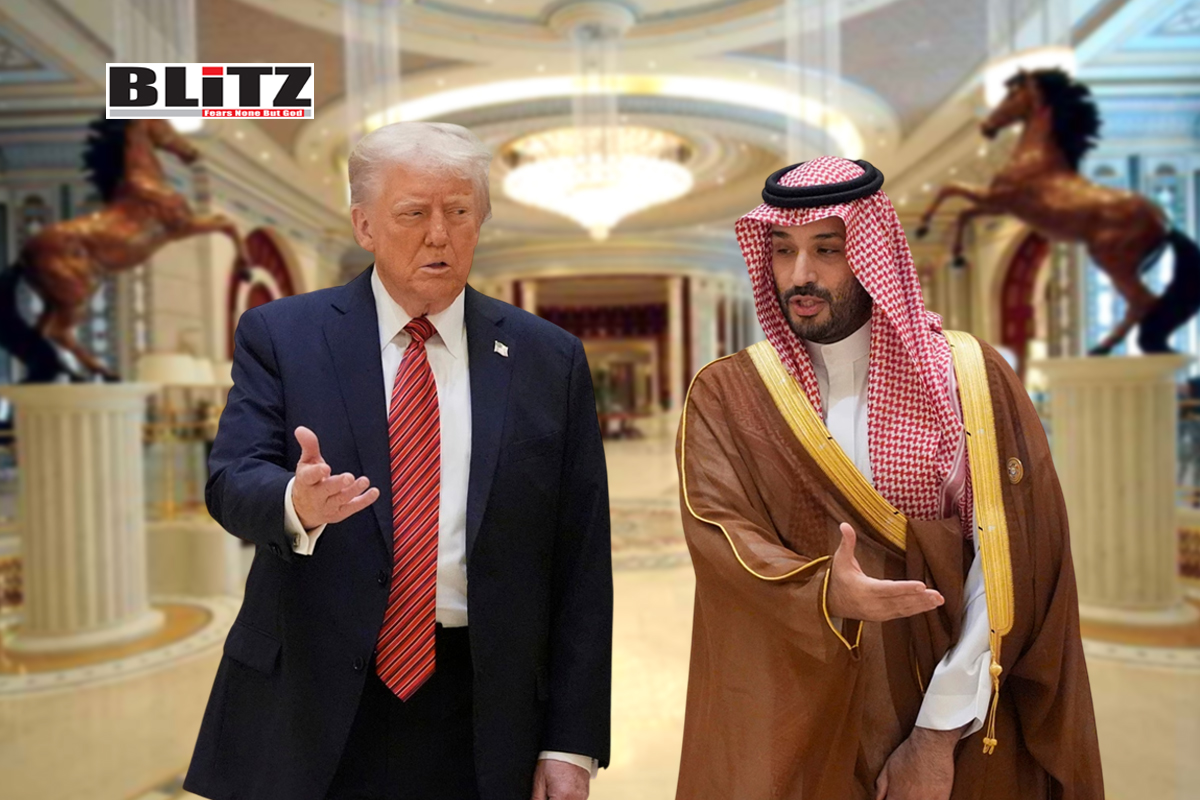
As the 78th World Health Assembly convenes in Geneva, it does so against a backdrop of profound change in the global health landscape. For decades, Western powers – particularly the United States and the European Union – have played the dominant role in shaping global health policy, funding key programs, and driving multilateral efforts through institutions like the World Health Organization (WHO). But that era of Western primacy is drawing to a close.
Amid political retreat and funding cuts from traditional donors, most notably the US under a returning Trump administration, a new group of actors is stepping into the vacuum. Chief among them: the nations of the Gulf Cooperation Council (GCC). Once peripheral to global health decision-making, countries such as the United Arab Emirates and Saudi Arabia are rapidly becoming central figures – not just through financial contributions, but through a distinct and deliberate model of leadership focused on outcomes, innovation, and strategic diplomacy.
The shift is not merely symbolic. It is operational and urgent. With President Donald Trump’s return to the White House, the US has again withdrawn support for the WHO’s core budget, slashed federal funding for pandemic preparedness, and banned federal agencies from participating in climate-linked health research. These moves, echoing the isolationist policies of Trump’s first term, significantly weaken global coordination on health security at a time when the world faces compounding challenges – from future pandemics and antimicrobial resistance to climate-related illnesses and demographic pressures on healthcare systems.
Even the broader UN health ecosystem is under strain. UNAIDS recently announced that it would cut staffing and country coverage by up to 50 percent. And within major donor circles, there is talk of a wider reshuffling of global governance priorities. In this moment of institutional uncertainty, the world cannot afford a leadership vacuum. Strong health systems are not only morally necessary; they are foundational to economic stability, sustainable development, and geopolitical resilience.
Stepping into this vacuum, the Gulf nations are charting a new path. Their approach combines significant financial capital with a data-driven, impact-oriented ethos that sharply contrasts with the often-bureaucratic mechanisms of traditional Western aid models. The Mohamed Bin Zayed Foundation for Humanity, launched in Abu Dhabi earlier this year, is a prime example. With an ambitious goal to reach 500 million people across Asia, Africa, and the Middle East, the foundation focuses on strengthening systems, fostering innovation, and delivering measurable results – not on mere pledges.
This initiative builds on the UAE’s earlier efforts through the Reaching the Last Mile campaign, which has targeted neglected tropical diseases and health system gaps in vulnerable regions. Similarly, the Beginnings Fund – supported by the UAE, the Gates Foundation, Delta Philanthropies, and others – aims to prevent 300,000 maternal and newborn deaths across ten low-income countries by 2030. These programs exemplify a broader shift away from process-heavy, compliance-driven aid toward agile, accountable investments that prioritize human lives over administrative metrics.
The Gulf’s engagement in global health is not limited to philanthropy. It is increasingly institutional, strategic, and diplomatic. Saudi Arabia, in particular, has quietly emerged as a top-tier donor to the WHO, contributing over $385 million since 2018. Its funding has supported health operations in some of the world’s most challenging environments, including Syria, Yemen, Somalia, Ukraine, and Palestine. In 2022–2023, the Kingdom ranked among the WHO’s top 20 donors and was the fourth-largest contributor to thematic funds – a notable leap for a country that was once outside the core circle of global health donors.
This commitment was reaffirmed at the International Humanitarian Forum in Riyadh this February, where Saudi Arabia pledged an additional $500 million to UNICEF and the Global Polio Eradication Initiative. These are not just donations; they are investments in soft power, global stability, and strategic partnerships.
Meanwhile, Abu Dhabi has positioned itself as a convening hub for global health diplomacy. The annual Global Health Week, held in the UAE capital, draws health ministers, CEOs, and scientists to deliberate on critical issues including artificial intelligence, antimicrobial resistance, and sustainable healthcare financing. This year’s event featured participation from 13 health ministers and several global pharmaceutical companies, along with prominent UAE sovereign wealth funds. The alignment of financial, policy, and scientific stakeholders around a vision of preventive, precision-based healthcare reflects the UAE’s commitment to reshaping global health from the ground up.
The WHO is currently engaged in critical deliberations around pandemic preparedness and revisions to the International Health Regulations. But the deeper issue is not just technical – it’s philosophical. The world doesn’t merely need more money for global health; it needs a new kind of leadership.
The Gulf states are offering precisely that. Their model emphasizes delivery over deliberation, results over rhetoric, and collaboration over conditionality. It is pragmatic, forward-looking, and attractive to countries that have long felt sidelined by legacy institutions dominated by Western interests.
Saudi Arabia has already used its G20 presidency to elevate global health priorities, backing the WHO’s digital health strategy, workforce development, vaccine verification systems, and misinformation response – all based on hard lessons from COVID-19. The UAE has gone even further, pioneering the health-climate nexus during its COP28 presidency by hosting the first-ever Health Day and spearheading a global declaration linking health policy with climate resilience.
These initiatives are not mere vanity projects; they are foundational investments in a new global health order. By supporting genomics, early-warning systems, and the development of a new cadre of health diplomats, the UAE is helping to future-proof the international health system in ways that traditional donors have often failed to imagine.
As ministers, policymakers, and civil society leaders meet in Geneva, they must confront the reality that the old guard is no longer leading. The retreat of the West has left not just a void, but an opportunity – a chance to rebuild global health governance on more inclusive, equitable, and results-oriented terms.
The Gulf’s ascent is not accidental. It is born of strategic intent, ample capital, and a recognition that health security is integral to national and global stability. By focusing on measurable outcomes and fostering multilateral collaboration without ideological baggage, the Gulf countries are offering a replicable model for other emerging donors – from Southeast Asia to Latin America.
The future of global health is being written not only in Geneva, but in Abu Dhabi, Riyadh, and other rising centers of influence. The only question now is whether the rest of the world is prepared to adapt – or be left behind.


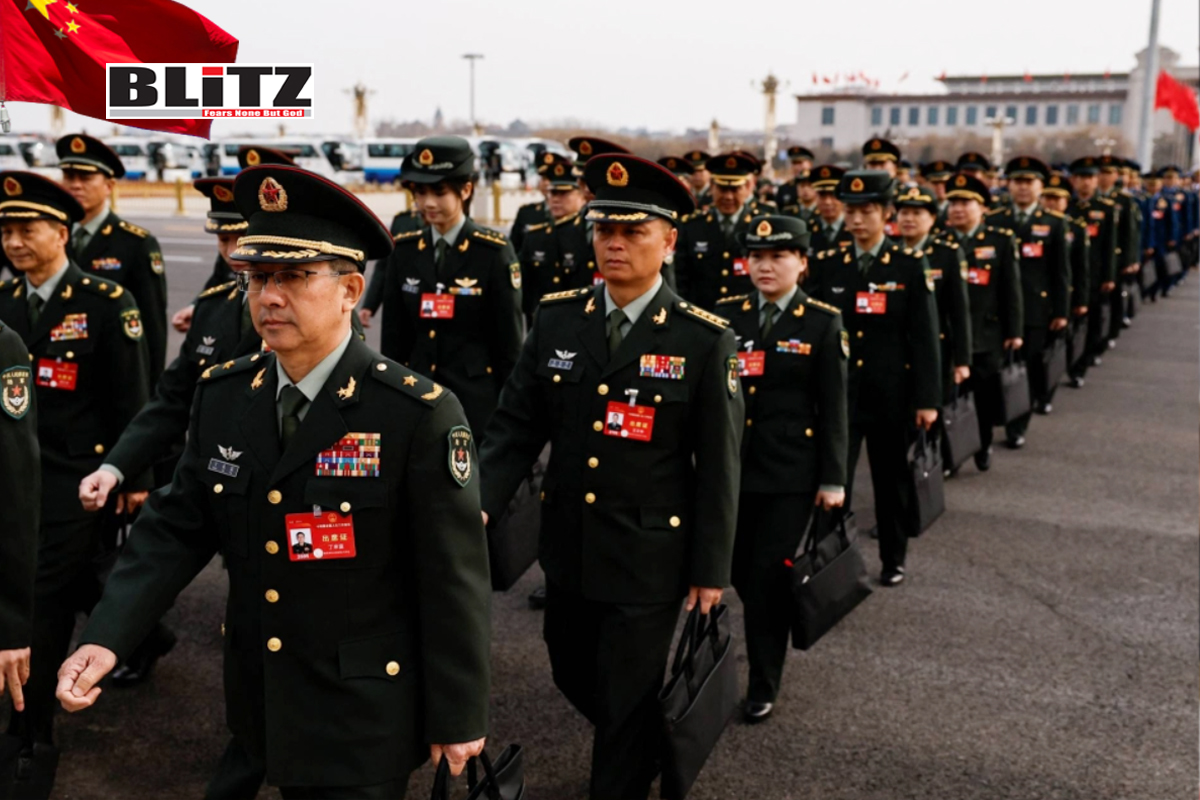
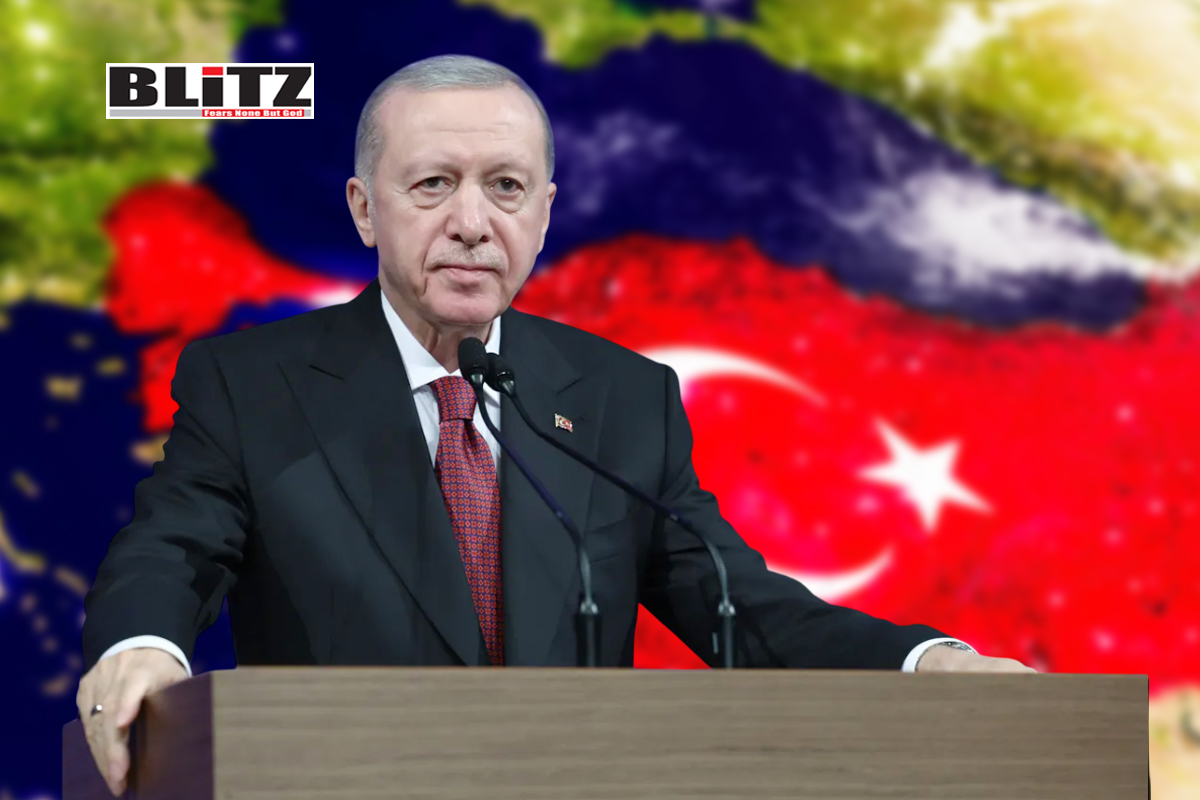
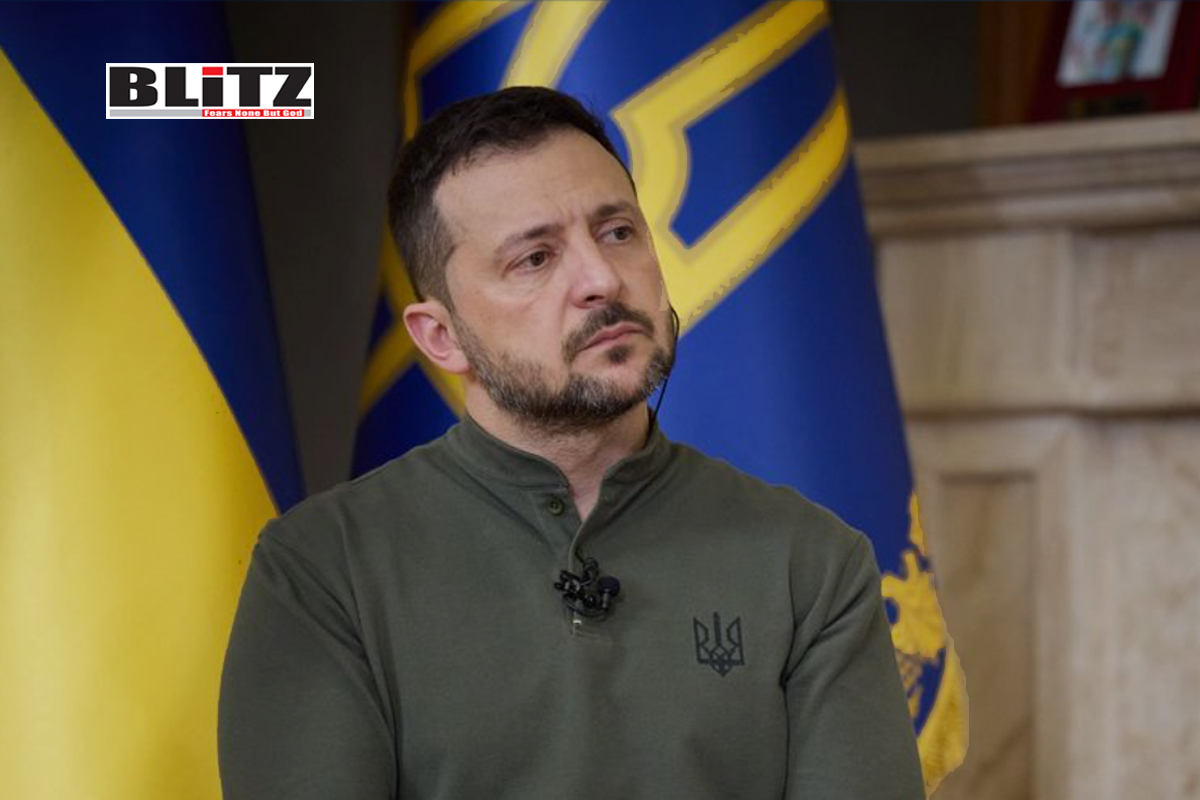
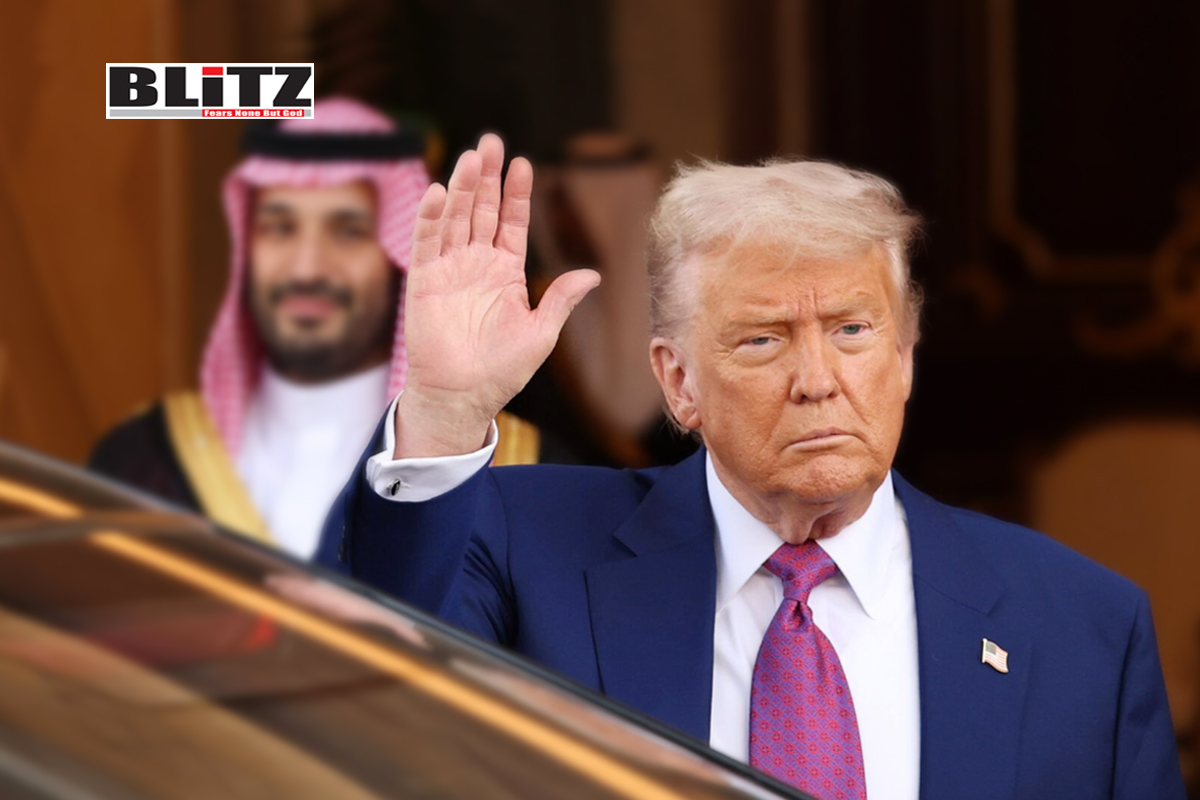
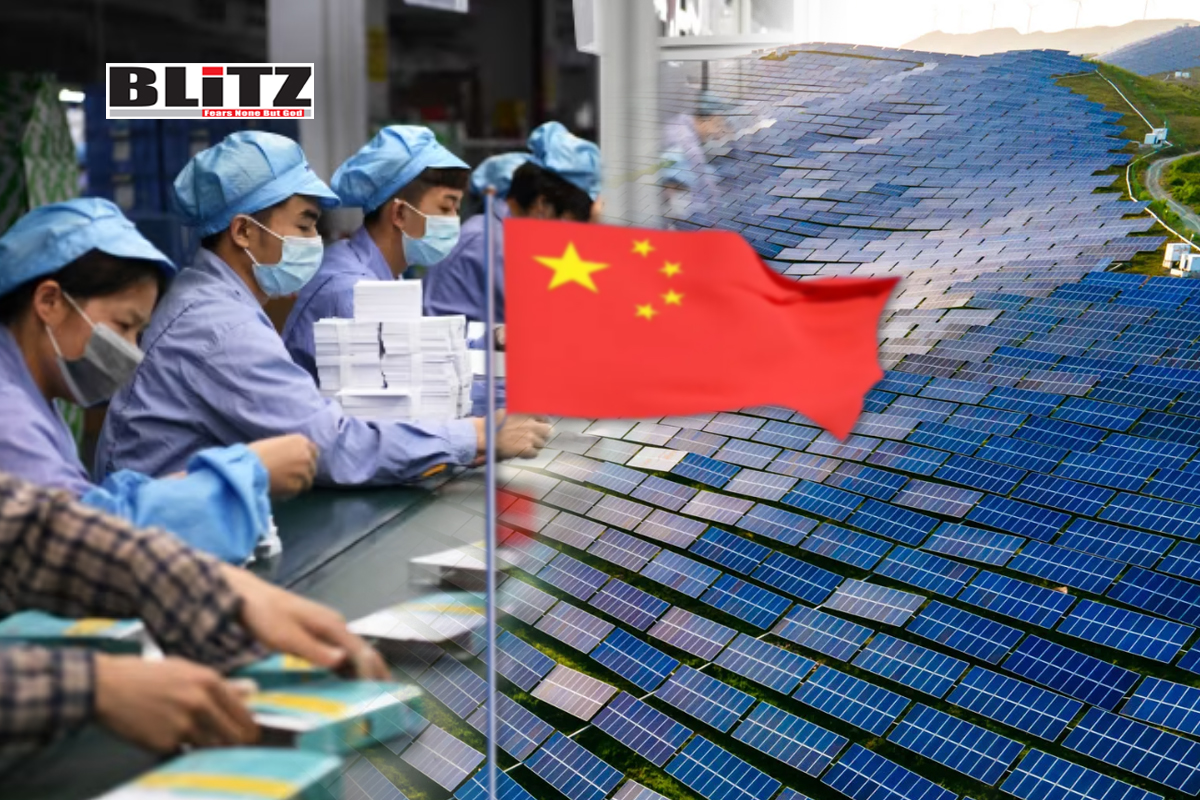
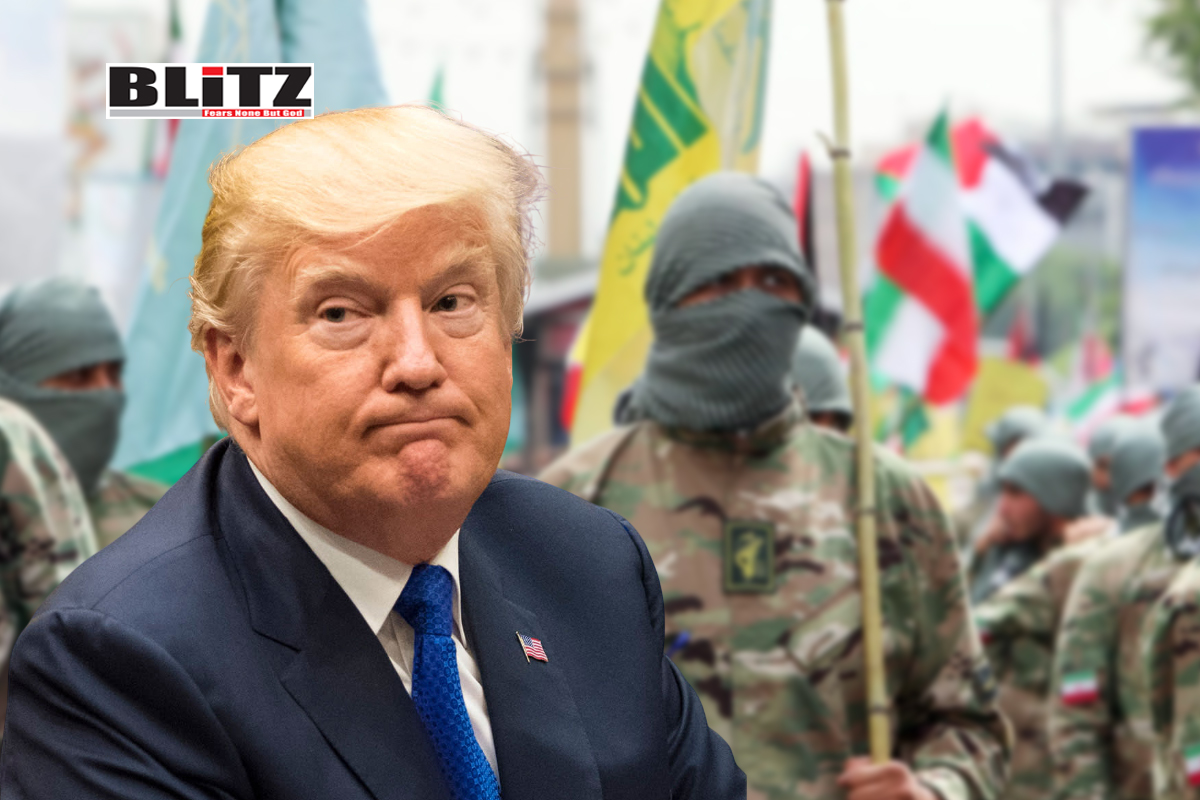
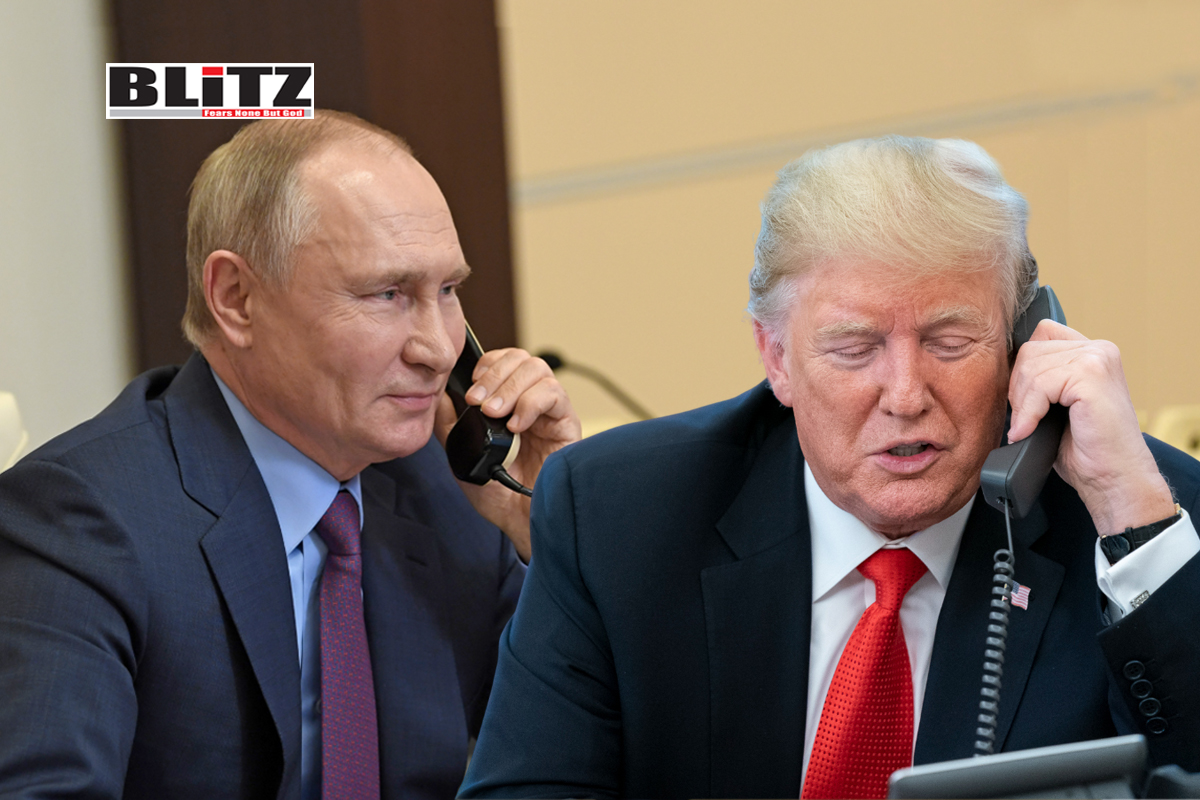
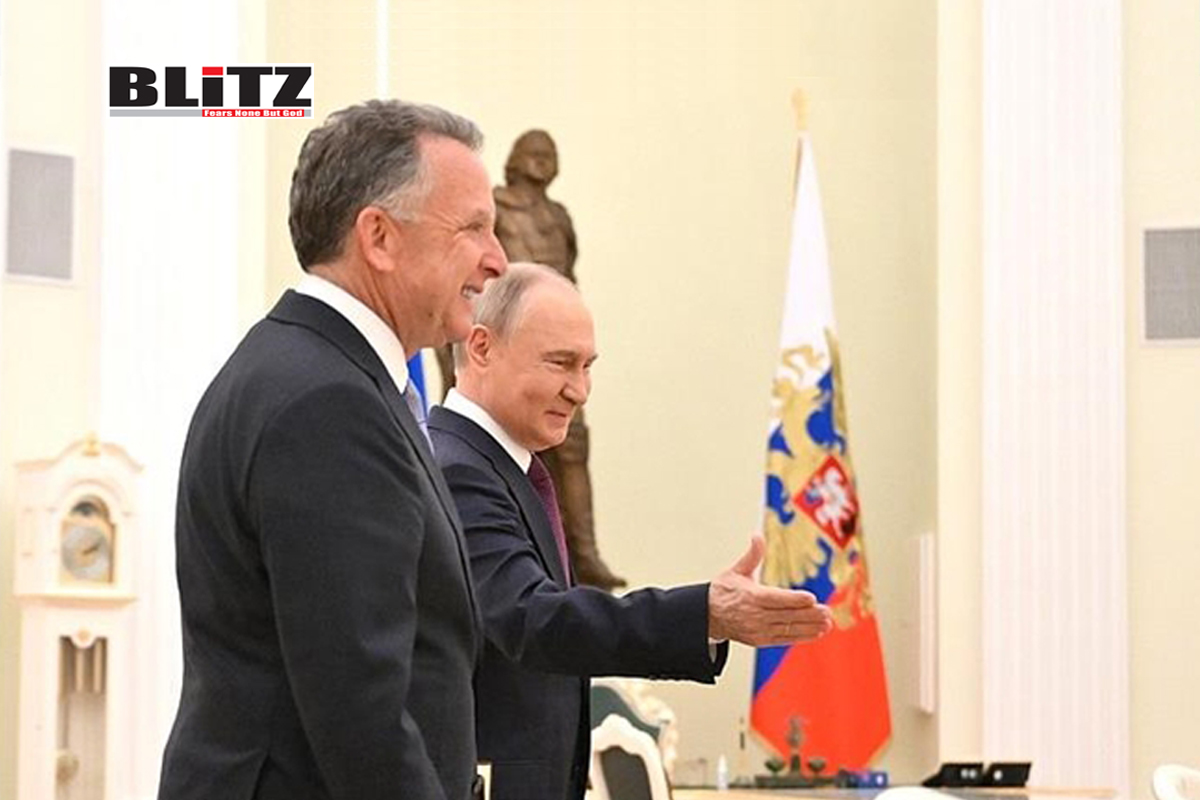
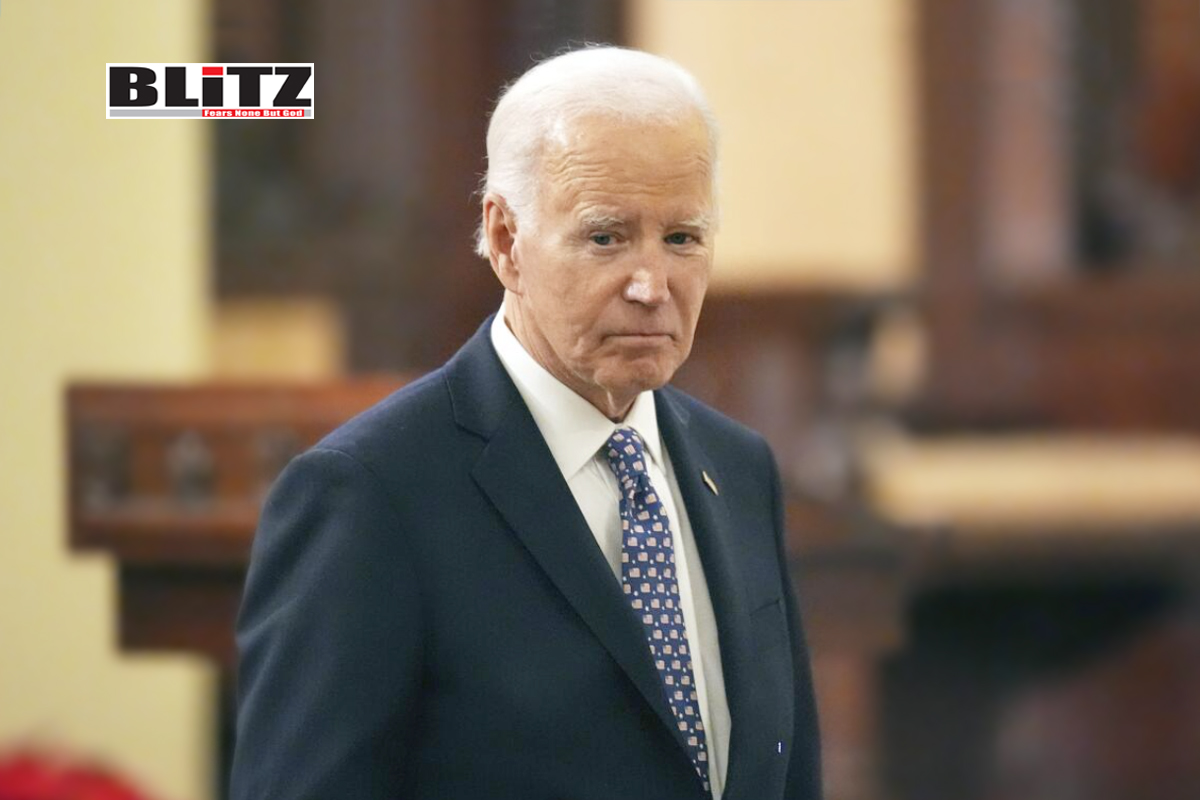

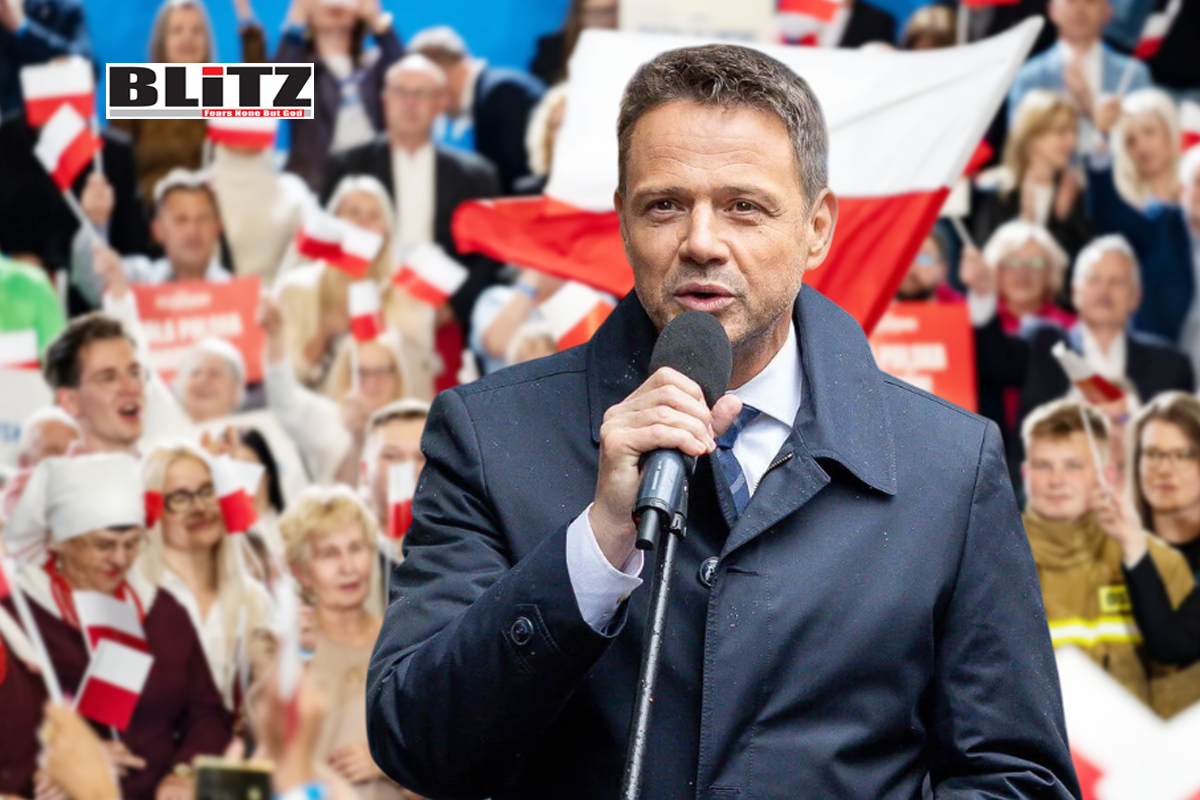
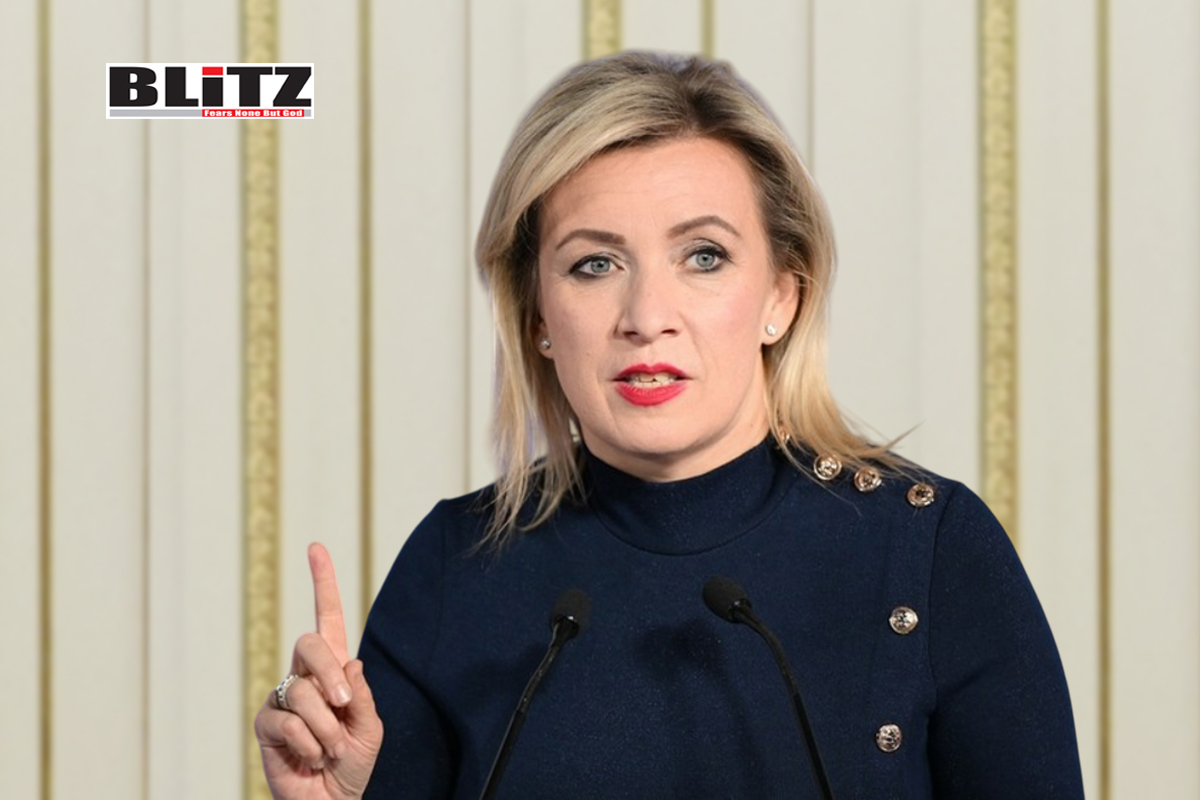
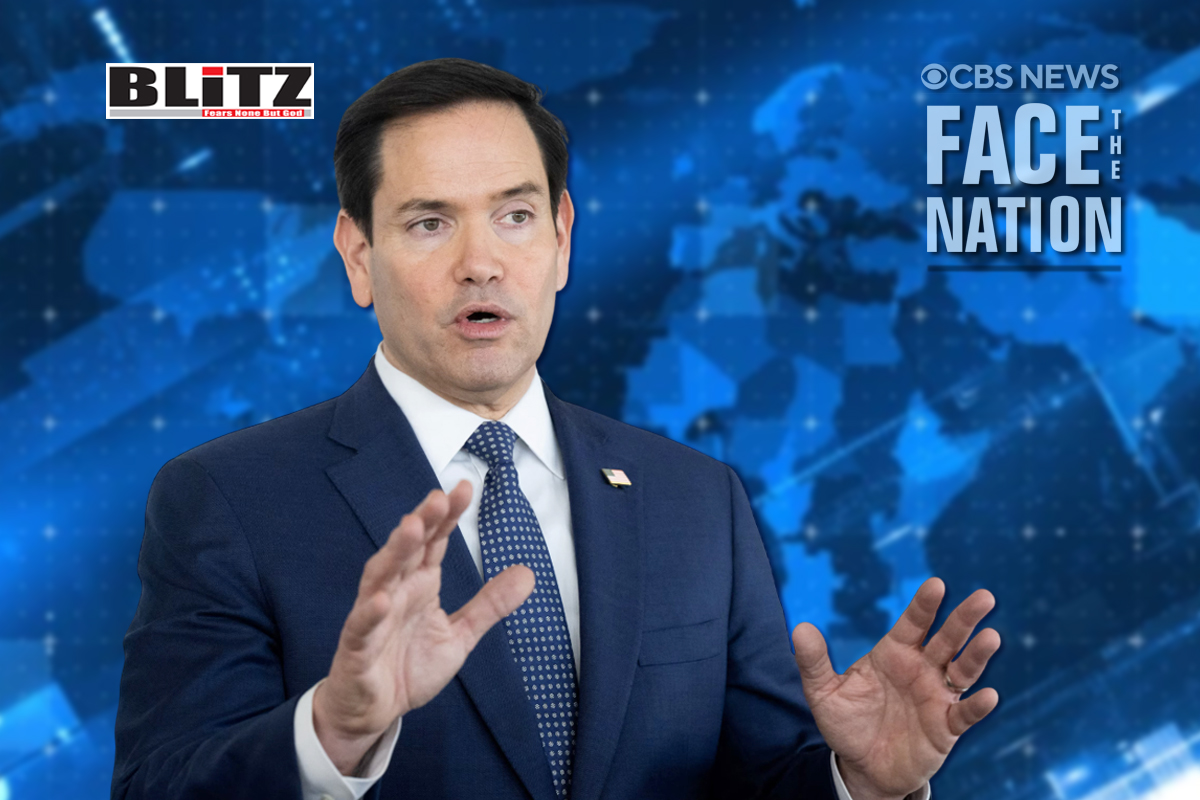
Leave a Reply